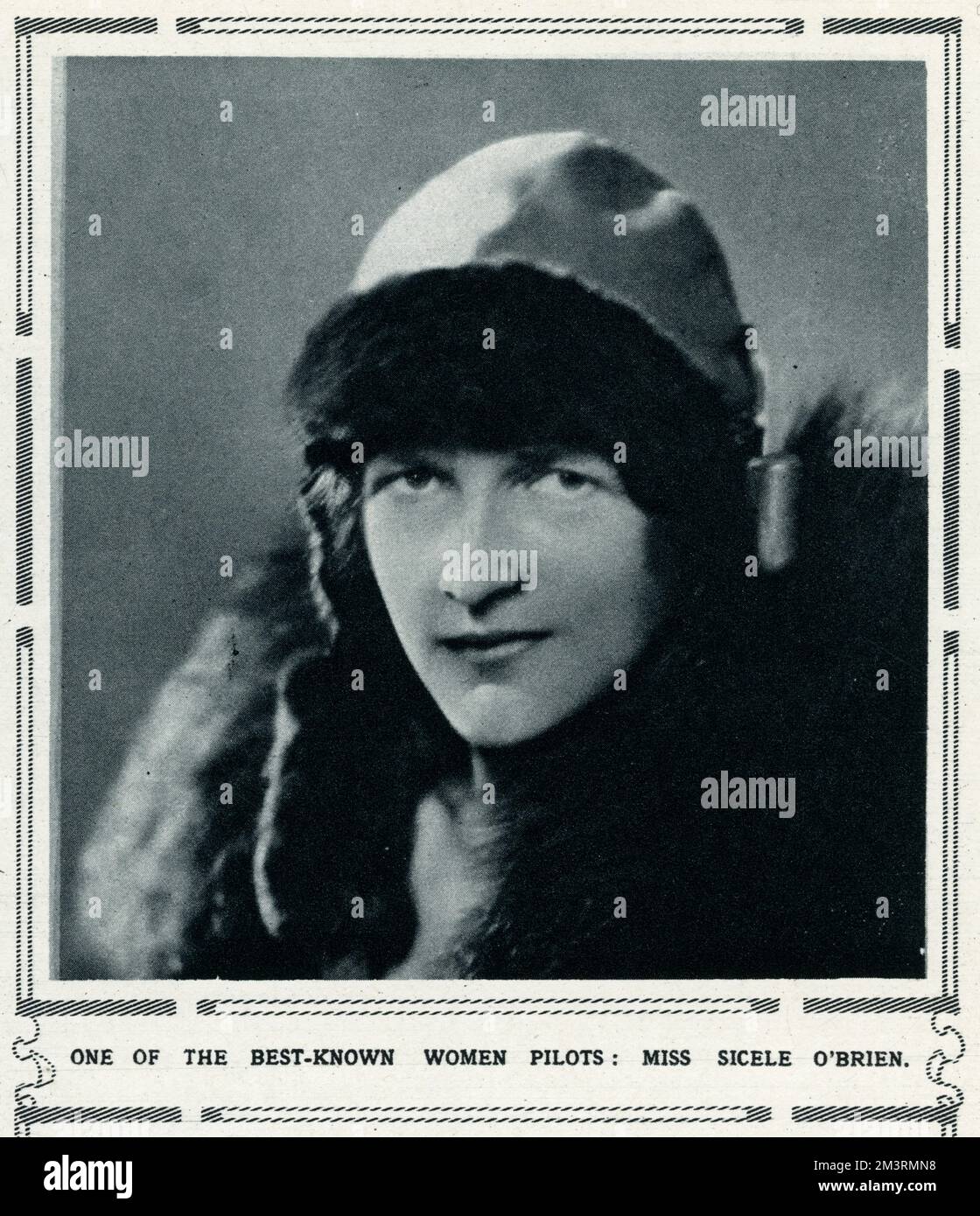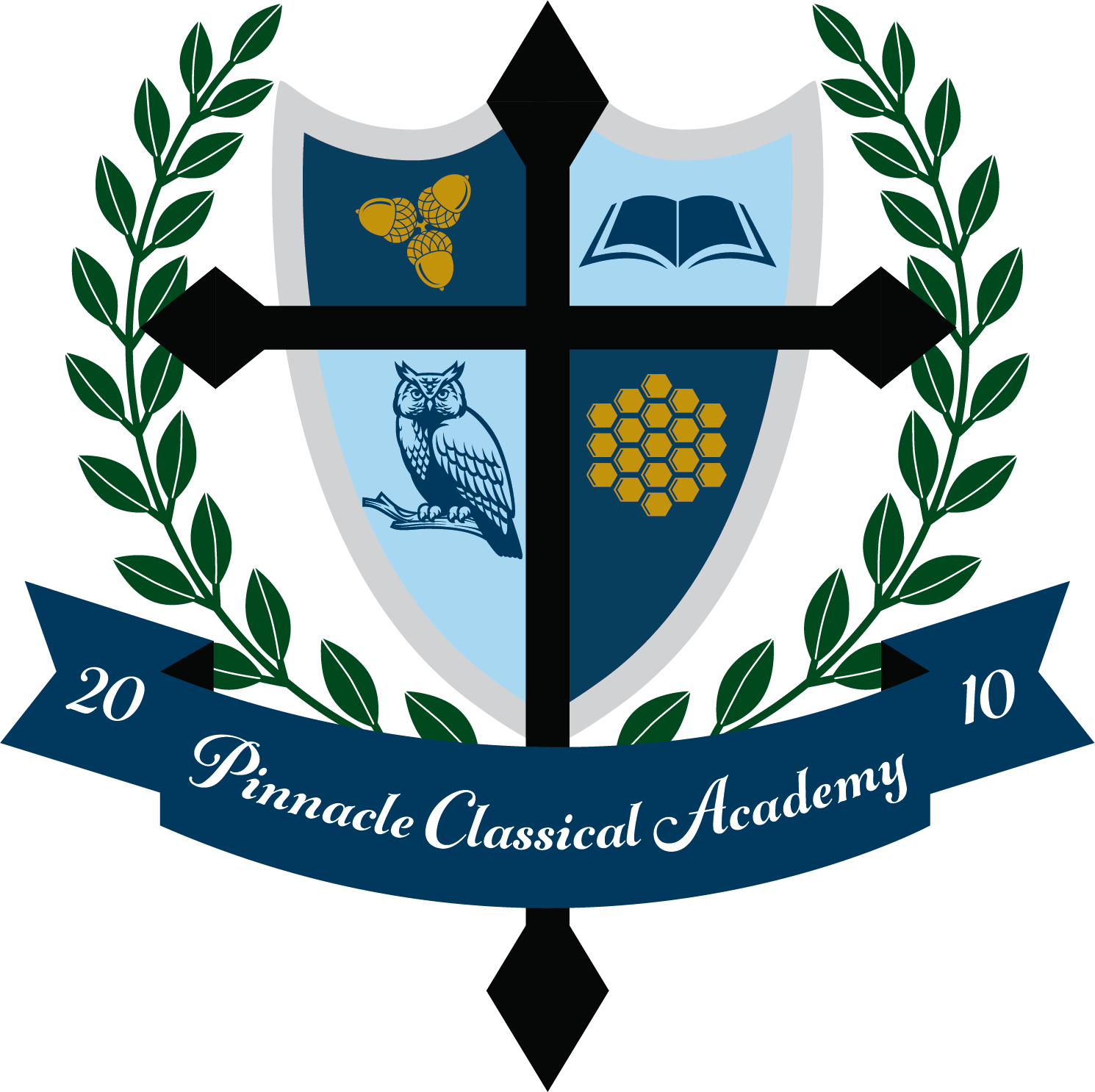Ivano Pavlović: Pioneering Psychologist In Classical Conditioning
Ivano Pavlović: Pioneering Psychologist In Classical Conditioning. His groundbreaking work in classical conditioning laid the foundation for our understanding of how organisms learn.
Editor's Notes: "Ivano Pavlović: Pioneering Psychologist In Classical Conditioning" have published today date". Give a reason why this topic important to read.
Explain our effort doing some analysis, digging information, made Ivano Pavlović: Pioneering Psychologist In Classical Conditioning we put together this Ivano Pavlović: Pioneering Psychologist In Classical Conditioning guide to help target audience make the right decision.
FAQ on Ivano Pavlović and His Contributions to Classical Conditioning
This section provides answers to frequently asked questions about the life and work of Ivano Pavlović, the pioneering physiologist and psychologist whose experiments laid the foundation for the field of classical conditioning.

Suicide prevention: article by psychologist Timanfaya Hernández - Time News - Source time.news
Question 1: What is classical conditioning?
Classical conditioning is a form of associative learning where a neutral stimulus is paired with a meaningful one until the neutral stimulus elicits a response on its own.
Question 2: What was Pavlović's role in developing classical conditioning?
Pavlović stumbled upon classical conditioning while studying the digestive system of dogs. He observed that the dogs would start salivating at the mere sight of the lab assistant who usually brought their food.
Question 3: What are the key elements of classical conditioning?
The three key elements are the unconditioned stimulus (the meaningful stimulus), the conditioned stimulus (the neutral stimulus), and the conditioned response (the learned response to the conditioned stimulus)
Question 4: How has classical conditioning been applied practically?
Classical conditioning has been applied in various fields, including behavior modification, advertising, and the treatment of phobias. It helps shape behaviors, create associations, and modify emotional responses.
Question 5: What are some of the limitations of classical conditioning?
While classical conditioning provides a valuable framework for understanding associative learning, its predictive power is limited, and it cannot account for all aspects of learning and behavior.
Question 6: How does classical conditioning relate to modern neuroscience?
The principles of classical conditioning continue to guide research in neuroscience, particularly in the study of the brain's neural circuits responsible for learning and memory.
Summary: Pavlović's research on classical conditioning contributed significantly to our understanding of learning and behavior. His work highlighted the ability of organisms to form associations between stimuli and responses, a process that has profound implications for psychology and related fields.
Transition to the next article section: Understanding Pavlović's contributions to classical conditioning provides a solid foundation for exploring the broader field of associative learning.
Tips
Tip 1: Classical conditioning involves associating a natural stimulus with a neutral stimulus.
Ivano Pavlović: Pioneering Psychologist In Classical Conditioning To illustrate, in Pavlov's experiment, the natural stimulus was food, which caused the unconditioned response of salivation. A bell, initially a neutral stimulus, was paired with food. Over time, the bell alone (the conditioned stimulus) began to trigger salivation (the conditioned response).
Tip 2: The conditioned stimulus must consistently precede the unconditioned stimulus. This pairing creates a strong association between the two stimuli, making the conditioned stimulus more likely to elicit the conditioned response.
Tip 3: The timing of the stimuli is crucial. The conditioned stimulus should precede the unconditioned stimulus by a short interval (typically 0.5-5 seconds) to ensure effective conditioning.
Tip 4: Repetition is key. Multiple pairings of the conditioned stimulus and unconditioned stimulus strengthen the association and make the conditioned response more robust.
Tip 5: Higher-order conditioning can create new conditioned stimuli. For instance, in Pavlov's experiment, the conditioned stimulus (bell) could be paired with a third stimulus, such as a light. The light would then become a second-order conditioned stimulus capable of eliciting salivation.
Ivano Pavlović: Pioneering Psychologist In Classical Conditioning
Ivano Pavlović's groundbreaking contributions to classical conditioning revolutionized understanding of learning and behavior. His work not only provided the foundation for modern behavioral psychology but also profoundly impacted fields such as psychology, education, and medicine. Here are six key aspects highlighting his pioneering role:
Pavlović's legacy as a pioneering psychologist in classical conditioning resonates in numerous facets of our lives. His principles underlie behavioral therapies, such as exposure therapy for phobias, and inform educational practices that aim to create strong associations between learning materials and positive experiences. Moreover, his work has illuminated the deep connections between our past experiences and our present behaviors, shaping our understanding of the human mind and its plasticity.

Sicele O'Brien (1887 - 1931), Ireland's pioneering pilot Stock Photo - Source www.alamy.com
Ivano Pavlović: Pioneering Psychologist In Classical Conditioning
Ivano Pavlović, a renowned Russian physiologist, made groundbreaking contributions to the field of psychology, particularly in the area of classical conditioning. His research on the relationship between stimuli and responses has had a profound impact on our understanding of learning and behavior.

Current Families — Pinnacle Classical Academy - Source www.pinnacleclassical.com
Pavlov's famous experiments with dogs demonstrated the principles of classical conditioning, where a neutral stimulus (e.g., a bell) is paired with an unconditioned stimulus (e.g., food) that naturally elicits a response (e.g., salivation). Over time, the neutral stimulus alone can elicit the conditioned response (salivation) without the presence of the unconditioned stimulus. This phenomenon has significant implications for understanding how organisms learn associations between stimuli and responses.
Classical conditioning plays a crucial role in various aspects of our lives. For instance, in advertising, companies associate products with positive emotional responses to influence consumer behavior. In education, teachers use positive reinforcement and punishment to shape student behavior and promote desired outcomes. Furthermore, in therapy, classical conditioning techniques are employed to treat phobias and anxiety disorders by gradually exposing individuals to feared stimuli in a controlled environment.
Pavlović's research has laid the foundation for a deeper understanding of learning and behavior. His work has had far-reaching applications in psychology, education, and marketing, serving as a testament to the enduring impact of his contributions to the field.
Table summarizing key insights:
| Concept | Explanation |
|---|---|
| Neutral stimulus | A stimulus that does not naturally elicit a response. |
| Unconditioned stimulus | A stimulus that naturally elicits a response. |
| Conditioned stimulus | A neutral stimulus that, after being paired with an unconditioned stimulus, elicits a conditioned response. |
| Conditioned response | A response elicited by a conditioned stimulus. |
Conclusion
Ivano Pavlović's pioneering work in classical conditioning has significantly advanced our understanding of learning and behavior. His research has not only provided a scientific foundation for understanding how organisms form associations between stimuli and responses but has also paved the way for practical applications in diverse fields.
Classical conditioning continues to be an important area of study in psychology, contributing to our ongoing efforts to unravel the complexities of learning and shaping behavior. By understanding the principles of classical conditioning, we can better appreciate the mechanisms that underlie our interactions with the world around us.
Roland Giraud: Actor, Writer, And The Charismatic Face Of French Cinema, Pulp Fiction: An Unforgettable Cinematic Masterpiece, Unleash The Excitement: Witness The Epic Drama Of England's Premier League, Discover Exclusive Deals And Offers From Bee Market: Your Ultimate Shopping Destination, Alexandria Weather: Current Conditions, Forecasts, And Climate Trends, Al-Khlood Vs. Al-Raed: Saudi Pro League Match Preview, Kuruluş Osman Episode 178: The Rise Of The Ottoman Empire Continues, The Ultimate Borger: A Mouthwatering Symphony Of Flavors, Danska Portugal Rukomet: Thrilling European Handball Clash, Ultimate Guide To Aire: A Comprehensive Overview Of Its History, Uses, And Benefits,